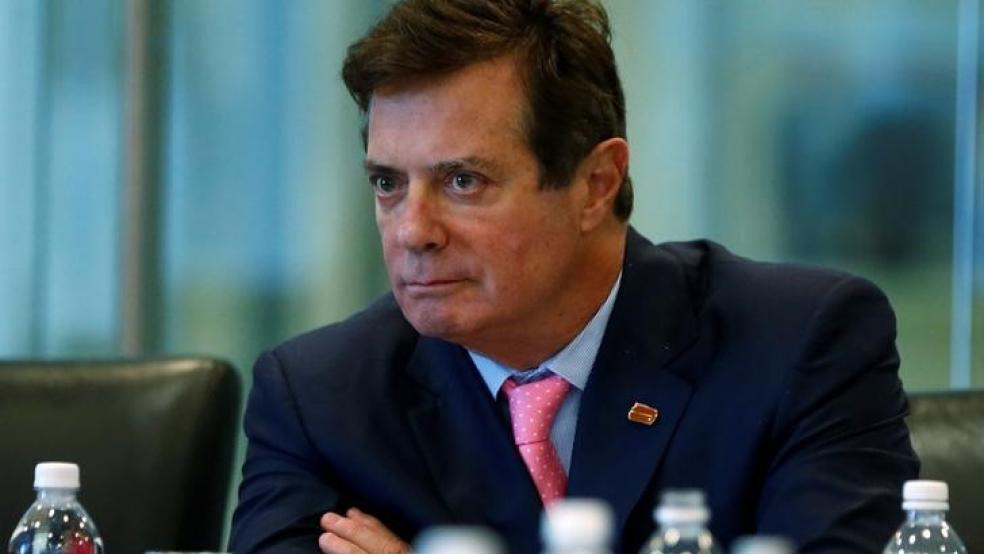WASHINGTON - Republican presidential candidate Donald Trump said a U.S. jobs report on Friday that showed the weakest hiring in more than five years proved that Democratic economic policies are pushing the country in the wrong direction.
The report gave Trump his biggest opening yet to target Democratic rival Hillary Clinton on the economy, after months of mostly solid economic indicators.“It’s going the wrong way folks. They’ve been kidding themselves, they’re playing games. It’s going the wrong way," Trump told a rally in Redding, California.Clinton, the front-runner to be the Democratic nominee for the Nov. 8 election, has credited President Barack Obama for reviving the U.S. economy after the 2008 recession but has also said that the recovery is not over.In a CNN interview, Clinton acknowledged the figures were "disappointing to anybody.""I think President Obama inherited a terrible situation and I’ve said that repeatedly over the past year and we’ve come a long way out of the ditch we were dropped into by failed Republican policies," Clinton told CNN's Jake Tapper.The unemployment rate in May fell three-tenths of a percentage point to 4.7 percent, the lowest level since November 2007, but that was in part due to people dropping out of the labor force. Overall, nonfarm payrolls increased by only 38,000 jobs in May. If disappointing jobs reports continue, Trump could use Clinton's pledge to build on Obama's work against her to woo working-class voters in states such as Ohio. The state has lost well-paying manufacturing jobs and is also a key presidential battleground - closely competitive because it does not lean heavily Republican or Democratic.CLINTON LEADS IN POLLClinton, a former secretary of state, is likely to finally clinch the Democratic nomination over challenger Bernie Sanders on Tuesday when six states hold nominating contests. One is California, the most populous U.S. state, with the most Democratic delegates of any other state and where both candidates have been campaigning heavily.In a Reuters/Ipsos poll released on Friday, some 46 percent of likely voters said they supported Clinton, while 35 percent said they supported Trump, and another 19 percent said they would not support either. The survey of 1,421 people was conducted between May 30 and June 3.Trump, a real estate developer, has already sewn up the Republican nomination. In the general election campaign, job creation plans are expected to be a priority, particularly in states that have been hit hard by manufacturing-sector job losses. Trump has promised to toss out international trade deals to revive U.S. manufacturing and sweep away a slew of environmental regulations to bolster the ailing energy sector. Job creation in the manufacturing and construction sectors fell sharply in May, according to Friday's jobs report. Trump has already begun working economic numbers into his stump speeches. He has said he could put 15 states that have voted for Democratic presidents in recent elections in play, including Pennsylvania, Ohio and Michigan, which have all lost manufacturing-sector jobs.Peter Morici, a conservative economist and professor in the business school at the University of Maryland, said the poor jobs numbers reflected trends that have driven voter frustration and fueled the populist campaigns of both Trump and Sanders. He said Trump needed to add detail to his economic policies, such as detailing changes to social programs like Medicaid, which provides healthcare for the poor. "We can't just turn around and cut income taxes without doing something about those things," Morici said.Republican strategists agreed that Friday's jobs report created an opportunity for Trump to differentiate his policies from Obama's or Clinton's."It allows Donald Trump to tout how he would do things differently as president and focus on some of the job-creation plans that he has," Republican strategist Ron Bonjean said, adding it would also allow Trump to talk about his record as a businessman. Trump has been fleshing out his foreign policy ideas and has released a tax plan, but he has been light on other details, such as how he would oversee the U.S. financial system. (Additional reporting by Chris Kahn in New York; Editing by Leslie Adler and Alistair Bell)Trump seizes on U.S. jobs report to target Democratic economic policies

Rick Wilking



